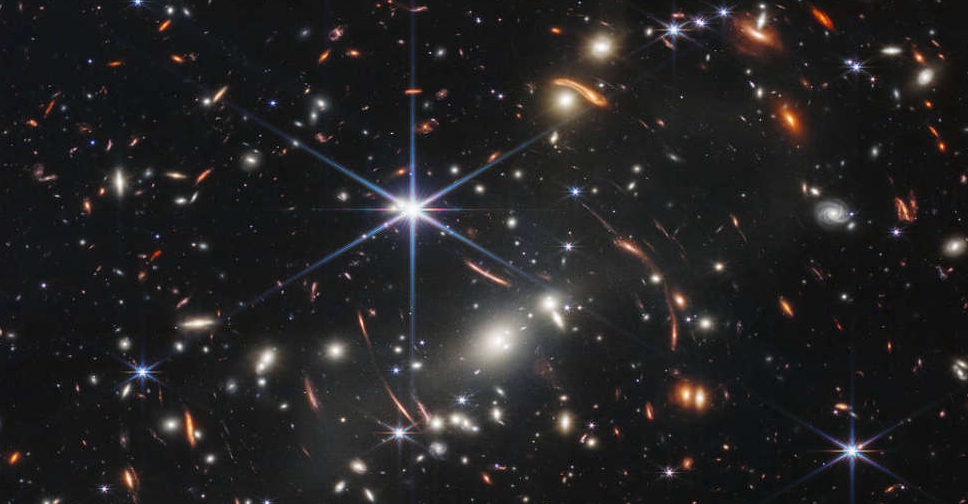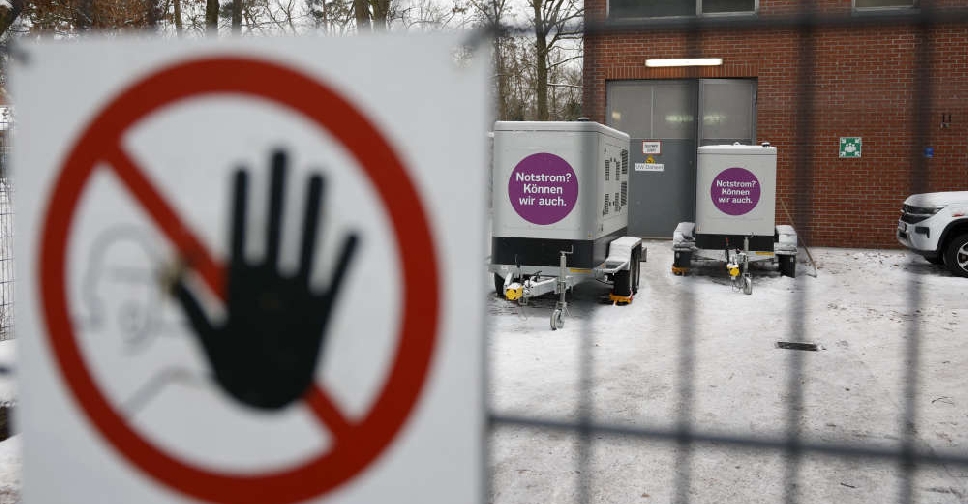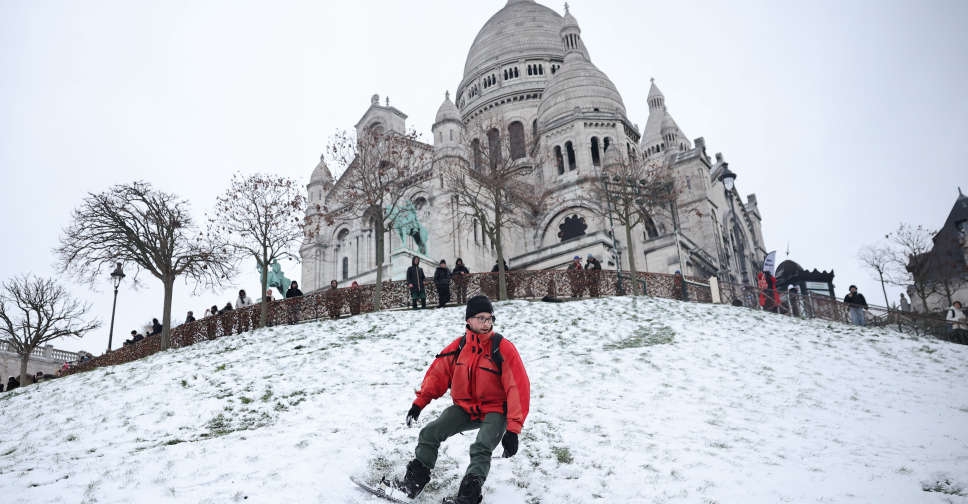
US President Joe Biden on Monday released the debut photo from NASA's James Webb Space Telescope - an image of a galaxy cluster revealing the most detailed glimpse of the early universe ever seen.
The White House sneak peek of Webb's first high-resolution, full-color image came on the eve of a larger unveiling of photos and spectrographic data that NASA plans to showcase on Tuesday at the Goddard Space Flight Center in suburban Maryland.
The $9 billion Webb observatory, the largest and most powerful space science telescope ever launched, was designed to peer through the cosmos to the dawn of the known universe, ushering in a revolutionary era of astronomical discovery.
The image showcased by Biden and NASA chief Bill Nelson showed the 4.6 billion-year-old galaxy cluster named SMACS 0723, whose combined mass acts as a "gravitational lens," distorting space to greatly magnify the light coming from more distant galaxies behind it.
At least one of the faint, older specs of light appearing in the "background" of the photo - a composite of images of different wavelengths of light - dates back more than 13 billion years, Nelson said. That makes it just 800 million years younger than the Big Bang, the theoretical flashpoint that set the expansion of the known universe in motion some 13.8 billion years ago.
👀 Sneak a peek at the deepest & sharpest infrared image of the early universe ever taken — all in a day’s work for the Webb telescope. (Literally, capturing it took less than a day!) This is Webb’s first image released as we begin to #UnfoldTheUniverse: https://t.co/tlougFWg8B pic.twitter.com/Y7ebmQwT7j
— NASA Webb Telescope (@NASAWebb) July 11, 2022
"It's a new window into the history of our universe," Biden said before the picture was unveiled. "And today we're going to get a glimpse of the first light to shine through that window: light from other worlds, orbiting stars far beyond our own. It's astounding to me."
He was joined at the Old Executive Office Building of the White House complex by Vice President Kamala Harris, who chairs the US National Space Council.


 US seizes Russian-flagged oil tanker linked to Venezuela
US seizes Russian-flagged oil tanker linked to Venezuela
 Power restored in Berlin after longest blackout since World War Two
Power restored in Berlin after longest blackout since World War Two
 France working with allies on plan should US move on Greenland
France working with allies on plan should US move on Greenland
 South Korea's Lee says he asked Xi to play a mediating role on North Korea
South Korea's Lee says he asked Xi to play a mediating role on North Korea
 Western Europe braces for another wave of snow and ice
Western Europe braces for another wave of snow and ice




